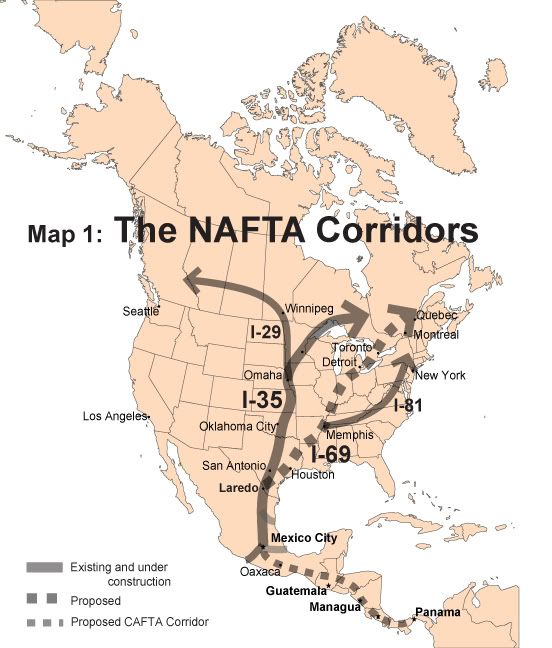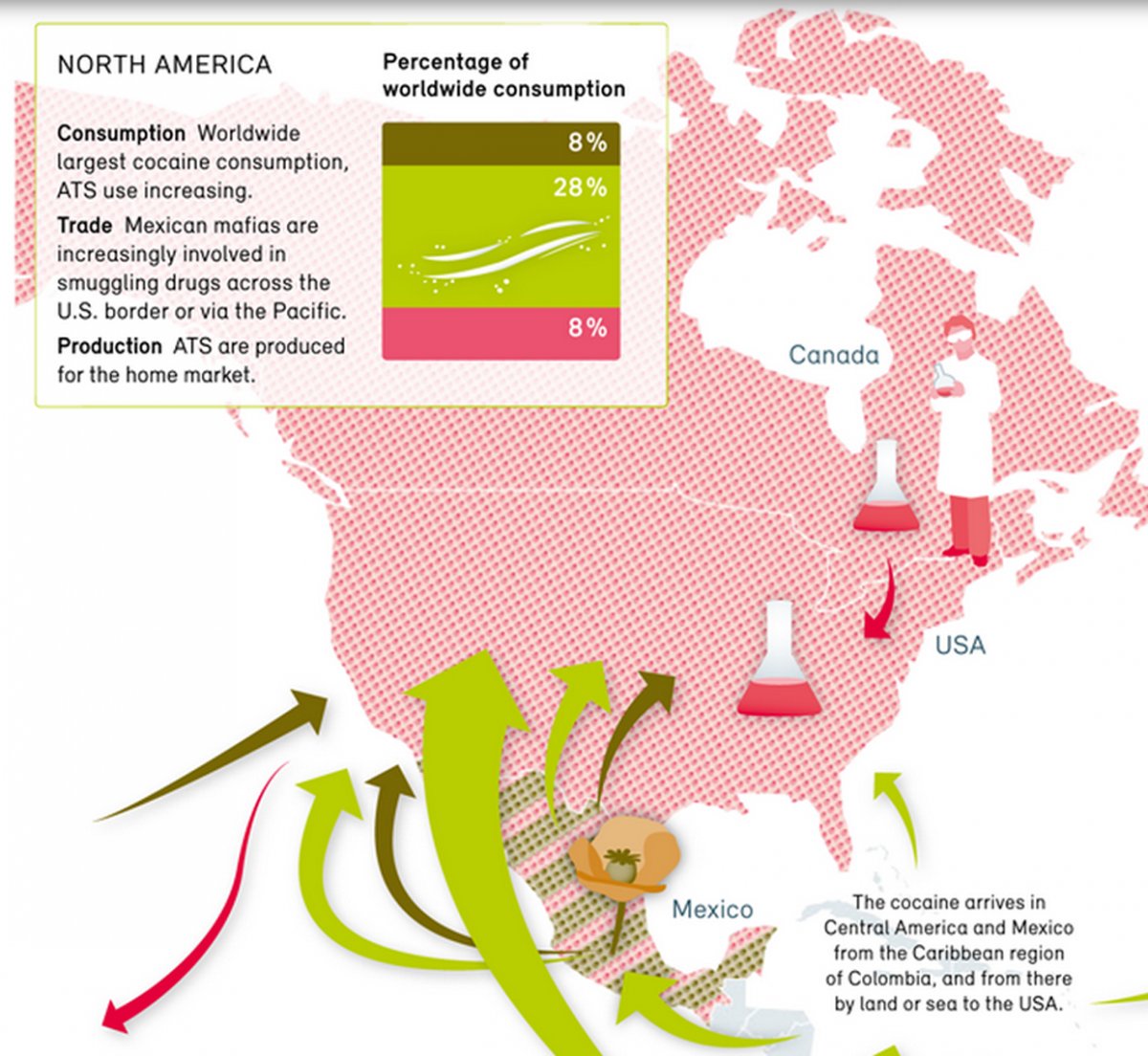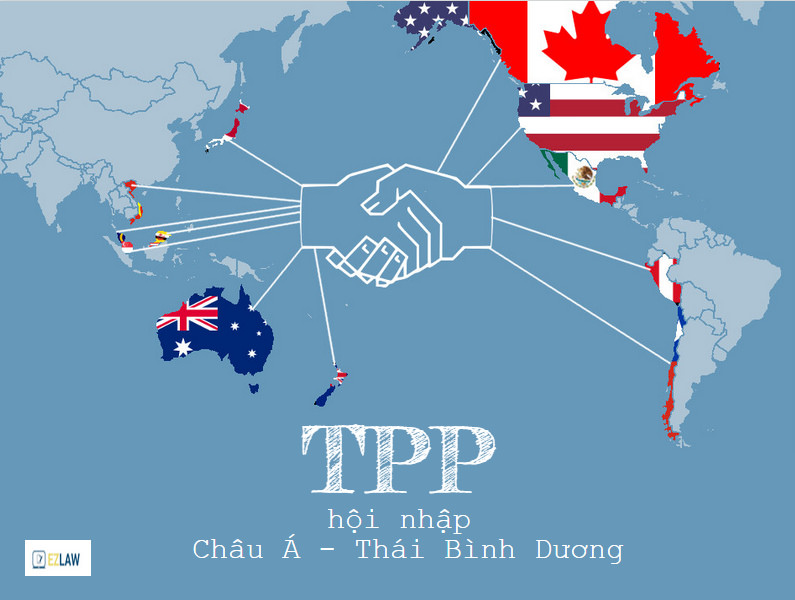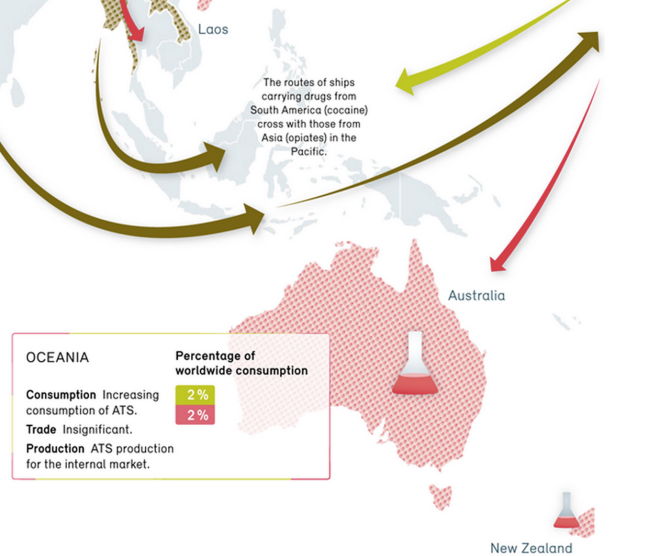It looks like you're using an Ad Blocker.
Please white-list or disable AboveTopSecret.com in your ad-blocking tool.
Thank you.
Some features of ATS will be disabled while you continue to use an ad-blocker.
share:
a reply to: IgnoranceIsntBlisss
Thank you for putting this together, and for putting it out there. I kind of wish this was getting more views then it is.
Thank you for putting this together, and for putting it out there. I kind of wish this was getting more views then it is.
Isis and al-Qaeda are little more than glorified drug cartels, and their motivation is money not religion
Purported faith is just an excuse for terrorist organisations to take over the territory they need to monopolise the illegal drugs trade
The black flags of Isis have become the latest symbols of Islamic extremism. Their savagery has come to represent what we believe to be a vulgar distortion of an Abrahamic faith. We’ve grown exhausted in our infuriation at the commitment of these people to sadistic interpretations of scripture, supposedly leading them through beheadings and slaughter, all the way to paradise. But what if I told you that their fury has nothing to do with faith?
Terror is very big business. And I mean that in the literal sense.
Groups such as Isis and al-Qaeda succeeded in gaining a degree of legitimacy for their cause, by dressing it as a twisted heavenly mission. They are now viewed globally as Muslim fanatics rather than the hardened criminals, money launderers and drug lords that they are.
How the CIA Turned Us onto '___' and Heroin: Secrets of America's War on Drugs
"There's a huge story to be told," says Anthony Lappé, "about the actual extent of the U.S. government's involvement in drug trafficking."
And that's exactly the story Lappé and his co-producers Julian Hobbs and Elli Hakami tell in a mesmerizing four-part series that debuted this week on cable TV's History Channel. Through dramatic recreations and in-depth interviews with academic researchers, historians, journalists, former federal agents, and drug dealers, America's War on Drugs (watch full episodes online here) tells true tales of how, for instance, the CIA and Department of Defense helped to introduce '___' to Americans in the 1950s.
"The CIA literally sent over two guys to Sandoz Laboratories where '___' had first been synthesized and bought up the world's supply of '___' and brought it back," Lappé tells Nick Gillespie in a wide-ranging conversation about the longest war the U.S. government has fought. "With that supply they began a [secret mind-control] program called MK Ultra which had all sorts of other drugs involved."
The different episodes cover the history of drug prohibition, the rise of the '60s drug counterculture; heroin epidemics past and present; how drug policy has warped U.S. foreign policy in Southeast Asia, Central America, Afghanistan, and beyond; the bipartisan politics of prohibition; and much more. America's War on Drugs features exclusive and rarely seen footage and documents how, time and time again, the government was often facilitating trade and use in the very drugs it was trying to stamp out. The show's website adds articles, short videos, and more information in an attempt to produce an "immersive experience" that will change how viewers think and feel about prohibition.
Allegations of CIA drug trafficking - Wikipedia
The History Channel Is Finally Telling the Stunning Secret Story of the War on Drugs
The good news for Grassley, and for everyone else, is that starting Sunday night and running through Wednesday the History Channel is showing a new four-part series called “America’s War on Drugs.” Not only is it an important contribution to recent American history, it’s also the first time U.S. television has ever told the core truth about one of the most important issues of the past 50 years.
That core truth is: The war on drugs has always been a pointless sham. For decades the federal government has engaged in a shifting series of alliances of convenience with some of the world’s largest drug cartels. So while the U.S. incarceration rate has quintupled since President Richard Nixon first declared the war on drugs in 1971, top narcotics dealers have simultaneously enjoyed protection at the highest levels of power in America.
On the one hand, this shouldn’t be surprising. The voluminous documentation of this fact in dozens of books has long been available to anyone with curiosity and a library card.
Yet somehow, despite the fact the U.S. has no formal system of censorship, this monumental scandal has never before been presented in a comprehensive way in the medium where most Americans get their information: TV.
edit on 24-6-2017 by IgnoranceIsntBlisss because: (no reason given)
There's something that G.W. Bush tried to teach the world the previous decade. He essentially said that after repeating a lie enough times, that lie
would become true.
This decade, westerners will learn that neither those lies became true, nor the new ones they are proposing.
This decade, westerners will learn that neither those lies became true, nor the new ones they are proposing.
350 diplomatic flights carry weapons for terrorists
Trump Stopped funding Syrian terrorists after seeing beheading video
Recordings Reveal FBI Armed a Man and Urged Him to Carry Out a Mass Shooting to “Defend Islam”
Trump's DOJ gears up for crackdown on marijuana
Mandela Defect - Only 0.1% Percent Of Panama Papers Were Ever Made Public!?
Drug Cartels Fuming at New U.S. Policy Screening 100% of Mexican Cargo Trucks
Trump Stopped funding Syrian terrorists after seeing beheading video
Recordings Reveal FBI Armed a Man and Urged Him to Carry Out a Mass Shooting to “Defend Islam”
Trump's DOJ gears up for crackdown on marijuana
Mandela Defect - Only 0.1% Percent Of Panama Papers Were Ever Made Public!?
Drug Cartels Fuming at New U.S. Policy Screening 100% of Mexican Cargo Trucks
originally posted by: infolurker
www.judicialwatch.org...
In a major shift from lax Obama-era regulations, the Trump administration is finally allowing customs officers to screen all cargo trucks entering the U.S. from Mexico and sources on both sides of the border tell Judicial Watch Mexican drug cartels are fuming.
Approximately 471,000 trucks pass through the U.S-Mexico border monthly, according to figures published by the U.S. Department of Transportation. The busiest port of entry is in Laredo, Texas where 167,553 trucks enter the U.S. from Mexico monthly, followed by Otay Mesa in California (76,953), El Paso, Texas (58,913), Hidalgo, Texas (45,355) and Nogales with 29,439. Other busy ports include East Calexico, California (29,173), Brownsville, Texas (16,140) and Eagle Pass, Texas (12,952). Trucks bring in everything from auto parts to appliances, produce and livestock. In fact, a veteran Homeland Security official told Judicial Watch that cattle trucks passed without inspection during the Obama administration because Mexican farmers complained that the security screenings frightened their cows. “Our guys were livid that we were not allowed to check cattle,” the federal official said.
originally posted by: IgnoranceIsntBlisss
Yeah, the NAFTA corridor is the drug pipeline. By design I tell ya.
TPP was to bring the herion in fast tracked following the success of the NAFTA Model.
edit on 2-8-2017 by IgnoranceIsntBlisss because: (no reason given)
The secret backstory of how Obama let Hezbollah off the hook
How Hezbollah turned to trafficking coc aine and laundering money through used cars to finance its expansion.
www.politico.com...
The campaign, dubbed Project Cassandra, was launched in 2008 after the Drug Enforcement Administration amassed evidence that Hezbollah had transformed itself from a Middle East-focused military and political organization into an international crime syndicate that some investigators believed was collecting $1 billion a year from drug and weapons trafficking, money laundering and other criminal activities.
Over the next eight years, agents working out of a top-secret DEA facility in Chantilly, Virginia, used wiretaps, undercover operations and informants to map Hezbollah’s illicit networks, with the help of 30 U.S. and foreign security agencies.
They followed coc aine shipments, some from Latin America to West Africa and on to Europe and the Middle East, and others through Venezuela and Mexico to the United States. They tracked the river of dirty cash as it was laundered by, among other tactics, buying American used cars and shipping them to Africa. And with the help of some key cooperating witnesses, the agents traced the conspiracy, they believed, to the innermost circle of Hezbollah and its state sponsors in Iran.
But as Project Cassandra reached higher into the hierarchy of the conspiracy, Obama administration officials threw an increasingly insurmountable series of roadblocks in its way, according to interviews with dozens of participants who in many cases spoke for the first time about events shrouded in secrecy, and a review of government documents and court records.
12.06.2018
EVEN MORE bad news for Bill and Hillary - DOJ Indictments unsealed - Four men indicted with ties to the Clinton Foundation.
EVEN MORE bad news for Bill and Hillary - DOJ Indictments unsealed - Four men indicted with ties to the Clinton Foundation.
More at: www.dailycrusader.com...
WASHINGTON, DC – As reported by Courthouse News Service, Federal prosecutors announced charges this week against four men connected to the law firm “Mossack Fonseca”, which has extensive ties with the Clinton Foundation.
The charges, which include Conspiracy to Defraud the United States, Conspiracy to Commit Wire Fraud, Conspiracy to Commit Tax Evasion, Wire Fraud, and Money Laundering Conspiracy, come merely three years after the leak of the Panama Papers by the ICIJ, and pushed heavily by Wikileaks. The papers were received by the German newspaper Suddeutsche Zeitung in 2015 from an anonymous source.
new topics
-
What Am I Hearing
General Chit Chat: 1 hours ago -
A Bunch of Maybe Drones Just Flew Across Hillsborough County
Aircraft Projects: 7 hours ago -
Who's coming with me?
General Conspiracies: 8 hours ago
top topics
-
The NIH is still sending taxpayer money to Chinese Labs to Conduct cruel animal experiments
Mainstream News: 12 hours ago, 12 flags -
FBI Director CHRISTOPHER WRAY Will Resign Before President Trump Takes Office on 1.20.2025.
US Political Madness: 12 hours ago, 9 flags -
A Bunch of Maybe Drones Just Flew Across Hillsborough County
Aircraft Projects: 7 hours ago, 7 flags -
Who's coming with me?
General Conspiracies: 8 hours ago, 4 flags -
Angela Merkel is terrified of dogs
Politicians & People: 14 hours ago, 3 flags -
What Am I Hearing
General Chit Chat: 1 hours ago, 1 flags
active topics
-
Drones everywhere in New Jersey
Aliens and UFOs • 69 • : imitator -
From the MUSK-RAMASWAMY Department of Government Efficiency commission - DOGE.
Above Politics • 62 • : Irishhaf -
-@TH3WH17ERABB17- -Q- ---TIME TO SHOW THE WORLD--- -Part- --44--
Dissecting Disinformation • 3626 • : duncanagain -
What Am I Hearing
General Chit Chat • 0 • : charlest2 -
Rant. I am sick of people saying the police are revenue raising.
Rant • 9 • : inflaymes69 -
A Bunch of Maybe Drones Just Flew Across Hillsborough County
Aircraft Projects • 15 • : Mantiss2021 -
Remember These Attacks When President Trump 2.0 Retribution-Justice Commences.
2024 Elections • 98 • : WeMustCare -
President-Elect DONALD TRUMP's 2nd-Term Administration Takes Shape.
Political Ideology • 297 • : WeMustCare -
Who's coming with me?
General Conspiracies • 27 • : AlroyFarms -
Will all hell break out? Jersey drones - blue beam
Aliens and UFOs • 39 • : Arbitrageur




